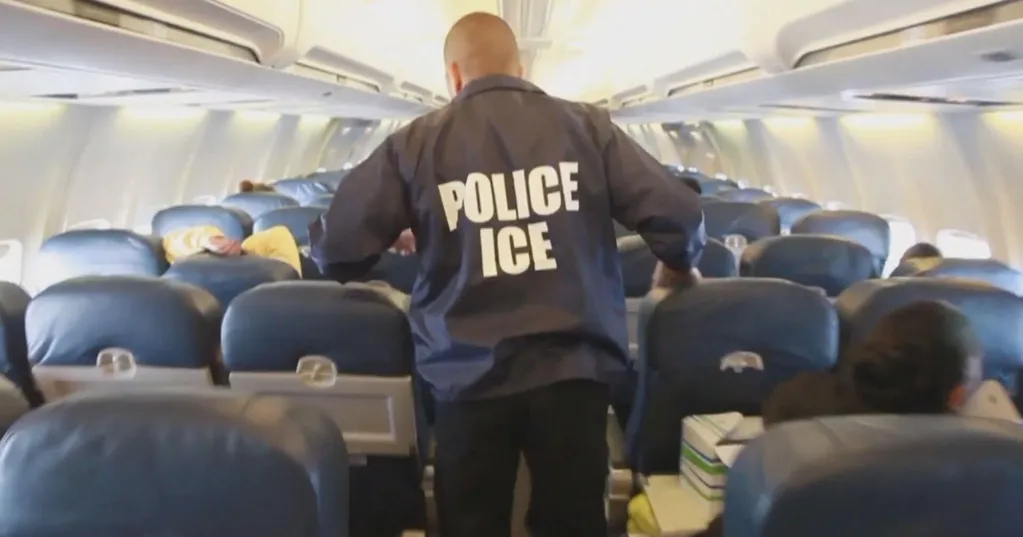Your Reporter Gabriela Vidal specializes in coverage of Adams County. Share your story ideas with her by sending an email to yourreporter@cbs.com.
One mom in Colorado is preparing for what has become a difficult future for families with mixed immigrant status. That could be where children have U.S. citizenship, but their parents don't.
For the last 21 years, 52-year-old Judith has been working hard to make a better life for herself and her children here in Colorado.
"The only essential thing is protecting my children," said Judith.
That dream is now being met with fear and uncertainty, amid a rise in detentions and deportations among the immigrant population.
"It's difficult," she said, crying. "I have a 15-year-old son, a 17-year-old daughter, and a 19-year-old daughter."
A woman recognized by civic leaders for her volunteer work and advocacy is now feeling compelled to advocate in a way she never would've imagined for her children: granting guardianship to another family member.
"Thank God my three children are U.S. Citizens, but it is difficult to think about if I end up in a situation with immigration, and I have to leave the country," she said.
"We were getting a lot of calls from community partners, from immigrants who were really concerned about family separation," said Kristin M. Bronson, Executive Director of Colorado Lawyers Committee.
The Colorado Lawyers Committee is a group of lawyers and firms that have been providing free legal aid to immigrant families. Bronson says many are turning to them for their help to legally appoint a different family member or loved one as guardianship of their children in the case the child's parents are detained or deported.
"What you're trying to do is find a responsible adult who can take care of your kid if you become unavailable to do that," said Bronson. "It may be temporary or long-term, but one of the most emotionally traumatic things for a child is to be separated from their primary caregiver. It can have long-term effects."
Without legally setting up an alternative caregiver, if a parent is detained, the court could step in and decide the child's fate.
"That kid can end up in the foster care system, and then it becomes very difficult to extricate them, say if the parent is actually deported and wants to be reunited," said Bronson.
Judith says it's emotionally difficult to think about what could happen if she didn't grant guardianship to another family member.
"I felt that fear, that if I don't delegate a guardian over my children and I end up in that situation, my children will be alone," she said.
While her eldest daughter is an adult, per Colorado law, she must be 21 to have legal guardianship over her two younger siblings. So, Judith says she’s taking the steps to grant her brother, a U.S. Citizen, that guardianship.
"There's someone responsible who can take and bring our kids from school, take and bring our kids from the hospital," said Judith.
Judith knows no parent wants to think about being separated from their child, but she says more families should consider taking this step to designate guardianship, and help ease the fear of not knowing what will happen.
"Do it, the situation right now is difficult. Let's not leave our children unprotected," she said.
